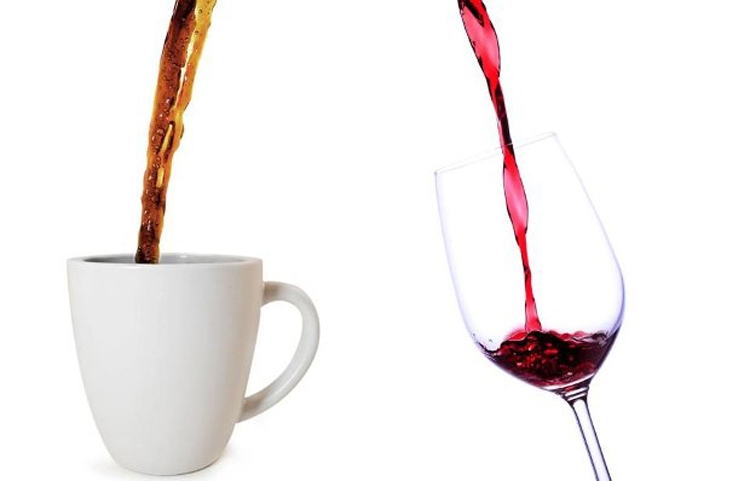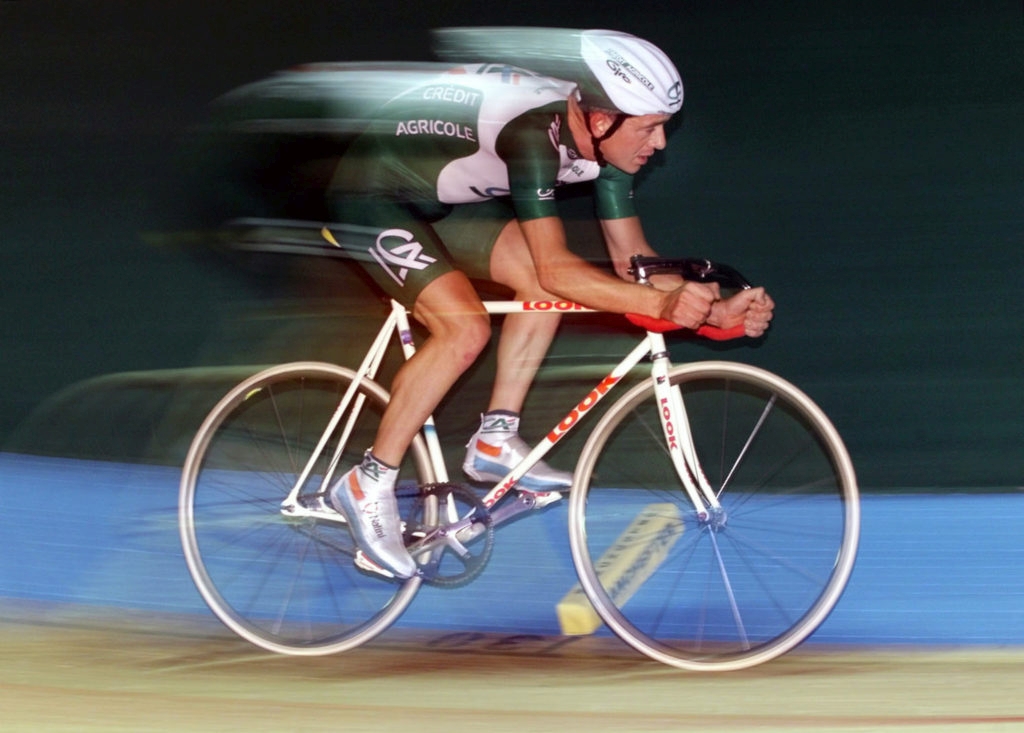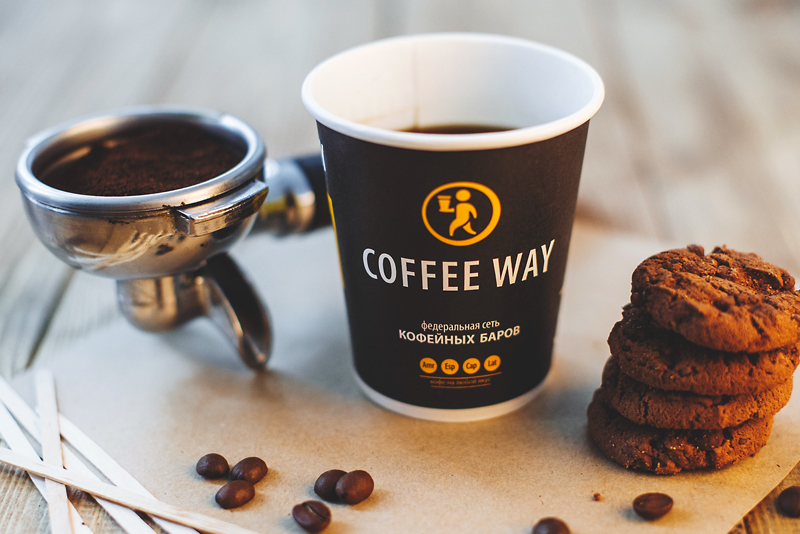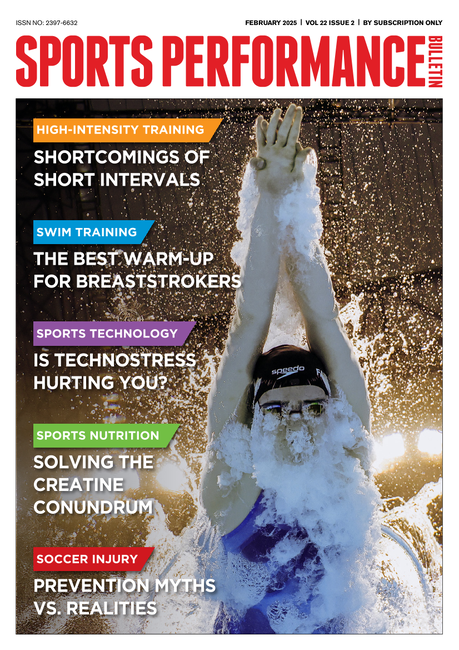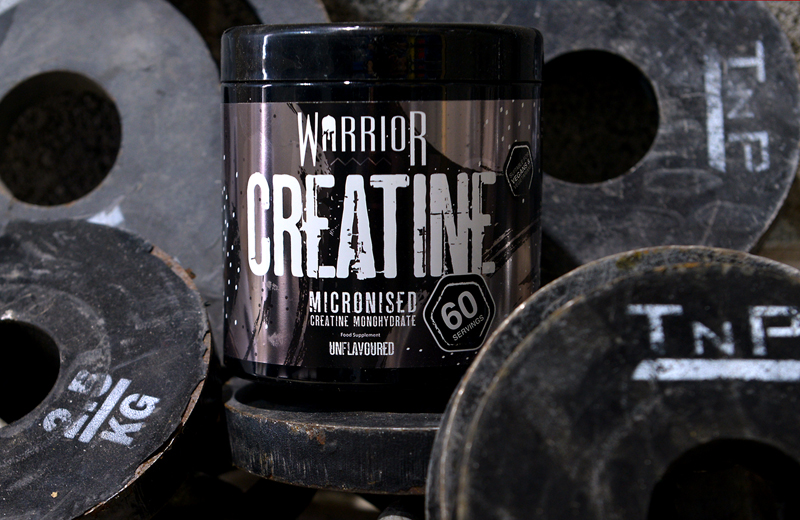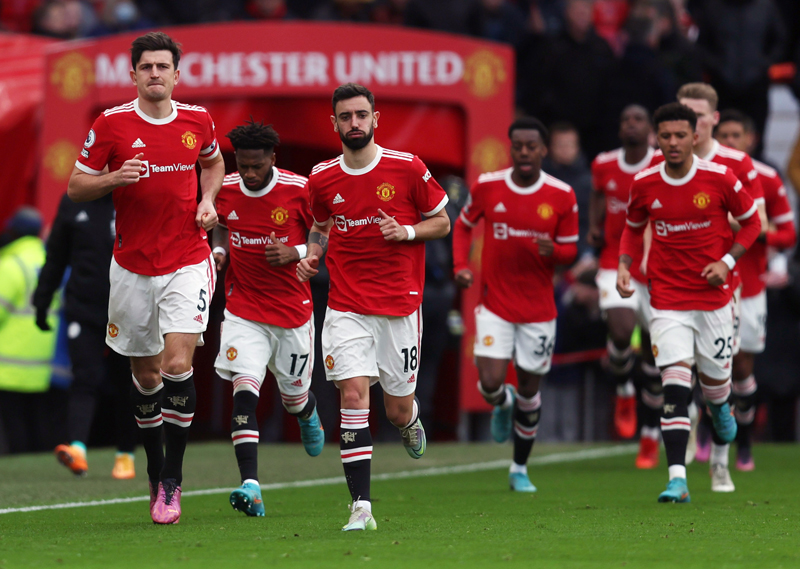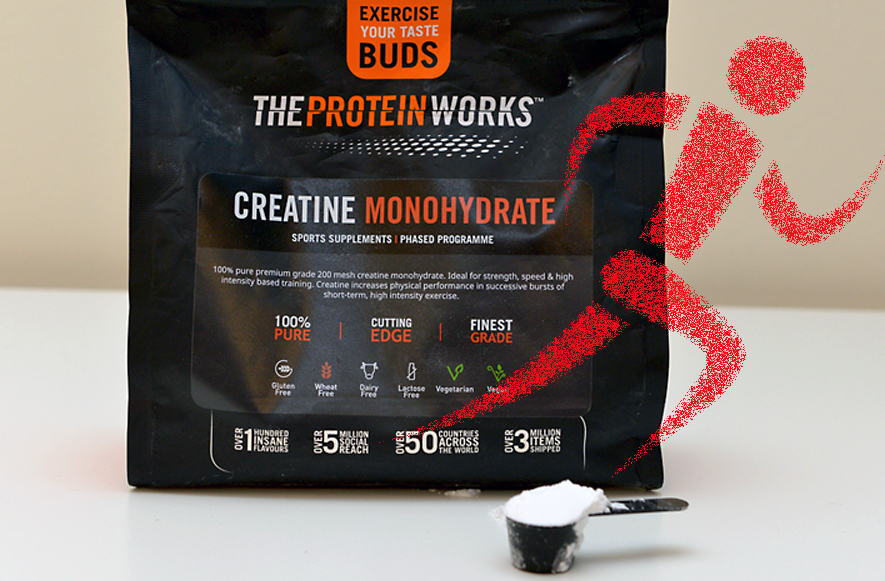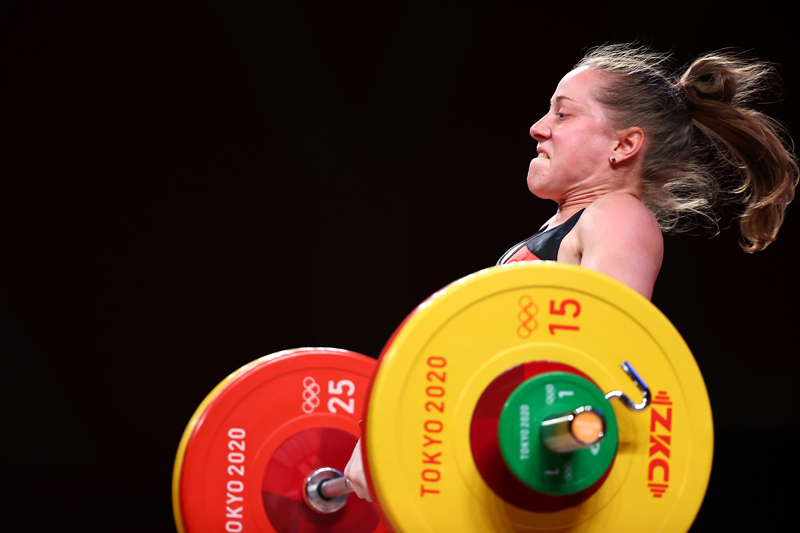You are viewing 1 of your 1 free articles. For unlimited access take a risk-free trial
Caffeine supplementation: why timing matters for performance
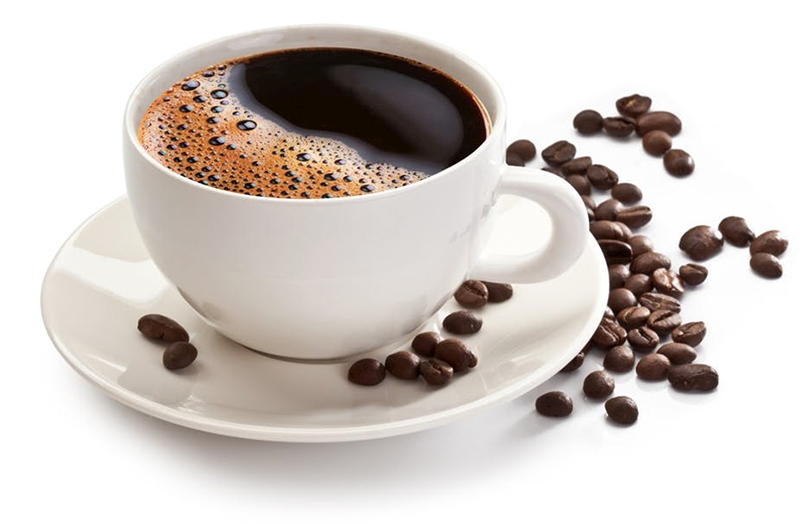
Unlike many of the sports supplements claimed to enhance endurance performance, caffeine stands out because it really does work. Study after study has shown that by helping to overcome central nervous fatigue, caffeine taken prior to or at the start of exercise can significantly boost performance in events where exercise duration is 60 minutes or more – and especially so during longer events lasting two hours or more. However, while caffeine has been extensively researched, there’s still some debate about the optimum timing of ingestion and the most effective dosage. Do you really need to take caffeine before exercise or can you take it during an event and if so, how much is needed? Research into caffeine and cycling performance has tried to provide some answers to these questions.
In one study, scientists looked at whether giving caffeine relatively late on in a bout of exercise could improve endurance performance, and if so, what kind of dosage might be effective [Appl Physiol Nutr Metab. 2016 Aug;41(8):850-5]. Fifteen well-trained cyclists (11 male and 4 female) underwent three separate cycling trials on three different occasions. Each trial consisted of:
*120 minutes of continuous cycling at around 60% peak oxygen consumption (moderate intensity), which also included 5 x 2-minute intervals at 82% peak oxygen consumption (hard).
*Immediately following, all the cyclists undertook a ‘work challenge’ time trial, where they had to complete a work total of 6KJ per kilo of body mass as fast as possible.
However, each cycling trial differed in that at 80 minutes into the 120-minute steady ride, the cyclists consumed three different drink formulations. In one trial they just drank a 6% carbohydrate drink solution. In another they consumed the same carbohydrate drink but with small amounts of added caffeine (1.5mgs per kilo of bodyweight), while in the third, they consume carbohydrate drink with larger amounts of caffeine (3mgs per kilo). To remove any possible ‘placebo’ effect, these trials were performed in a random order and were doubled blinded (ie neither the researchers nor the cyclists knew which drink was being consumed). As well as measuring time-trial performances, the researchers also looked at the cyclists’ metabolic responses such as blood sugar and fat mobilisation levels during exercise.
The findings
The key finding was that despite there being no differences in metabolic responses, taking caffeine in addition to the carbohydrate drink did enhance performance over and above the carbohydrate-only drink. The results showed that despite taking caffeine relatively late in the cycling trial, performance was enhanced. Compared to the carbohydrate-only drink, the low-dose caffeine drink resulted in a 1min 5sec improvement in the time trial (27mins 36secs vs. 28mins 41secs). The higher dose caffeine drink resulted in an even greater improvement; cyclists completed the time trial in 26mins 36secs - 2mins 5secs faster than the placebo and one minute faster than taking the low-dose caffeine (see figure 1).Figure 1: Caffeine and time-trial performance
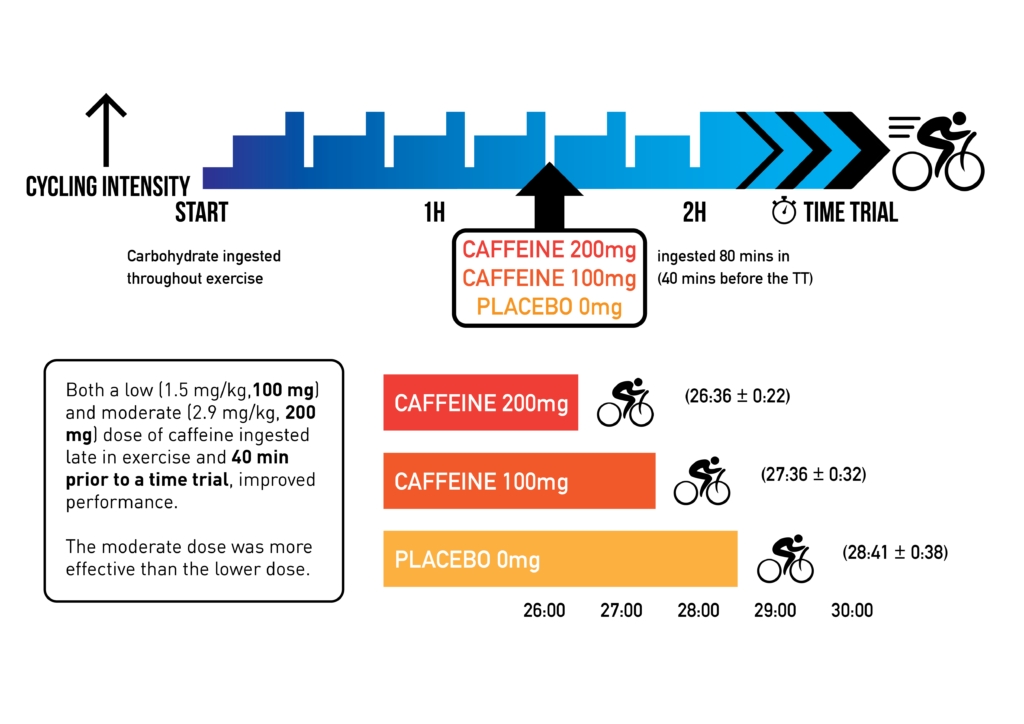
Sports Performance Bulletin verdict
There are a couple of important conclusions that can be drawn from this study. Firstly, it seems that caffeine can significantly boost your performance, even when taken in the later stages of an event or bout of exercise. But when taken later, a moderate dose of caffeine (3mgs per kilo) might be better than a low dose (1.5mgs per kilo). This is in contrast to pre-exercise caffeine, where some studies have found that a low dose of caffeine can be as effective at enhancing performance as a moderate dose. Also, the fact that there were no differences in the metabolic responses of the cyclists provides yet further evidence that the primary mode of action of caffeine is via suppression of central nervous system fatigue rather than changes in muscle chemistry.Practical advice for athletes
- If you’re a caffeine user but want to minimise your overall intake, taking caffeinated gels or drinks later on in a training session or race can still provide a boost when you need it most.
- If you take caffeine later on, consume 3mgs per kilo of your bodyweight; for example, a 70kg athlete would need around 200mgs of caffeine. This is more easily done relatively when consuming high-strength caffeinated gels.
- If you’re new to caffeine, always experiment with it in training first to find out what works best for you in race conditions.
Newsletter Sign Up
Testimonials
Dr. Alexandra Fandetti-Robin, Back & Body Chiropractic
Elspeth Cowell MSCh DpodM SRCh HCPC reg
William Hunter, Nuffield Health
Newsletter Sign Up
Coaches Testimonials
Dr. Alexandra Fandetti-Robin, Back & Body Chiropractic
Elspeth Cowell MSCh DpodM SRCh HCPC reg
William Hunter, Nuffield Health
Keep up with latest sports science research and apply it to maximize performance
Today you have the chance to join a group of athletes, and sports coaches/trainers who all have something special in common...
They use the latest research to improve performance for themselves and their clients - both athletes and sports teams - with help from global specialists in the fields of sports science, sports medicine and sports psychology.
They do this by reading Sports Performance Bulletin, an easy-to-digest but serious-minded journal dedicated to high performance sports. SPB offers a wealth of information and insight into the latest research, in an easily-accessible and understood format, along with a wealth of practical recommendations.
*includes 3 coaching manuals
Get Inspired
All the latest techniques and approaches
Sports Performance Bulletin helps dedicated endurance athletes improve their performance. Sense-checking the latest sports science research, and sourcing evidence and case studies to support findings, Sports Performance Bulletin turns proven insights into easily digestible practical advice. Supporting athletes, coaches and professionals who wish to ensure their guidance and programmes are kept right up to date and based on credible science.

